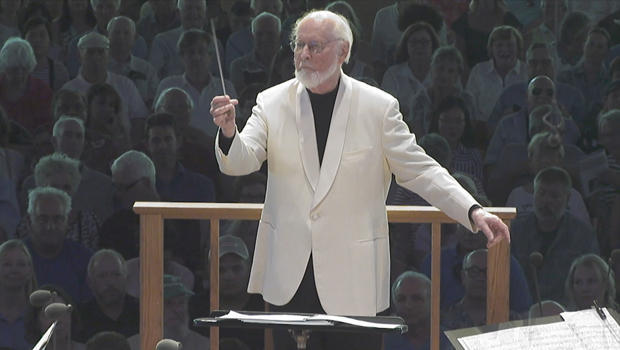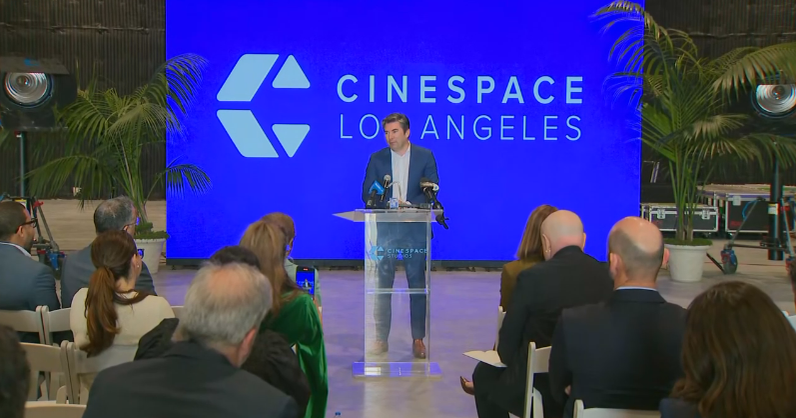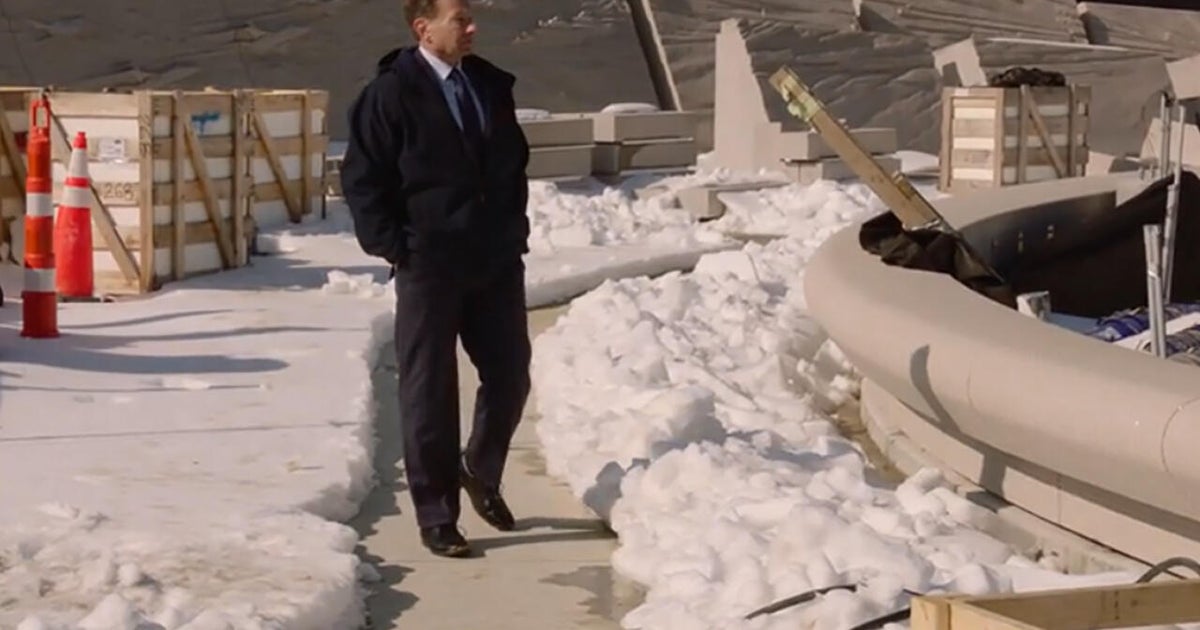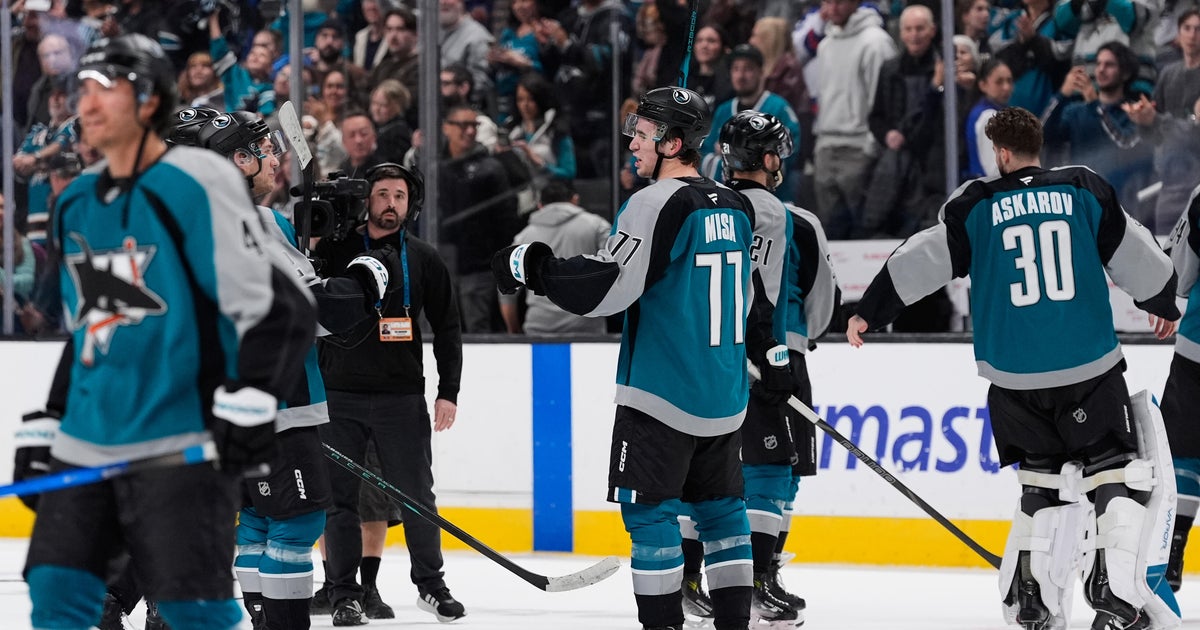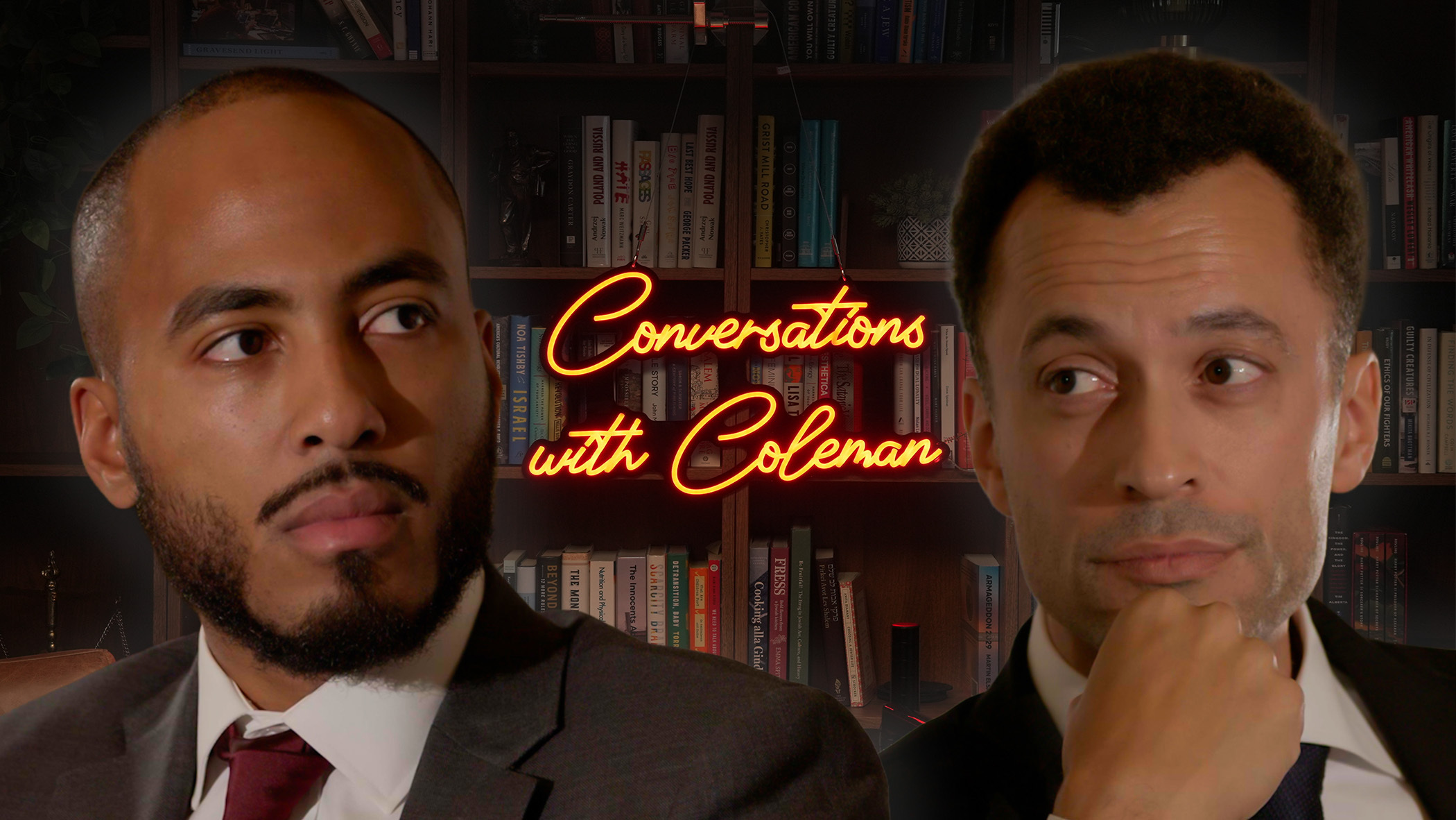John Williams on reworking the classics – his own
In the hills of western Massachusetts, the mid-summer breeze carries the scent of honeysuckle and the sound of genius. This is Tanglewood, the summer home of the Boston Symphony Orchestra and of its best-known artist-in-residence, John Williams.
The maestro actually lives in Los Angeles, but he says Tanglewood is where he's done some of his best work. "Its effect on me is very spiritual and very exciting," he said. "And I've written so much music here, so many film scores in this place. Right here, I come every summer – 'Star Wars' films, 'Indiana Jones' and 'Schindler's List,' 'Harry Potter,' a great percentage of that work done physically here."
And what astonishing work it is.
Williams is the most-honored movie composer of all time, with five Academy Awards (so far). And he has 51 Oscar nominations, more than any other living person. Only Walt Disney has more.
"I know you're a very modest man…" said correspondent Tracy Smith. "But do you ever allow yourself that moment to step back and say, 'Wow. Look what I've done!'"
"Tracy, I'll be completely honest with you: It's very hard for me to take complete pleasure in anything that I've made," Williams replied. "You can love it and you can love it all, but you can always see things that could be improved.
"I wish I had the kind of personality I could say, 'Ah, this is fantastic.' But I don't think it's that – in the art of music, I don't think there's any place for that kind of vanity. I don't know who else could possibly feel that way given the shoulders we stand on."
"But your shoulders are pretty broad and strong at this point. You're part of that foundation now."
"Well, I couldn't get into the NFL!" he laughed.
Maybe not, but what John Williams does, takes a different kind of muscle.
"I've now been coming here for 39 years every summer. A delight – happily conducting the orchestra briefly each year. And it's a big part of my life, and the perfect antidote to the Hollywood activities that I do the rest of the year. So, it keeps me, maybe not young, but hopefully a little fresh."
Fresh, indeed: Williams has recently reworked some of his movie music for violin, specifically for the instrument of Anne-Sophie Mutter, one of the greatest violinists ever to pick up a bow.
Smith asked Mutter, "Watching you, it's just like this music was made for you. But I'm wondering what's going through your head and heart as you're playing it."
"Actually, it's very emotional for me," Mutter said, "because, as I know John's music since my childhood, then meeting the person behind the music and working together with this genius, is an incredibly humbling and elevating experience."
"I forget that he's 87 years old," said Smith.
"Yep. He's wearing us all out!"
So, how did she get someone like John Williams to write music just for her? The truth is connections, and Christmas cookies.
Mutter first met Williams through her then-husband, the great Andre Previn. As Williams recalled, "She said to me, 'John, write something for me, even if it is only ten bars,' which means ten measures of music, just a little half-page. And so, I went home, and I didn't think too much about it. And Christmas came, and a big box of Christmas cookies came from Munich from Anne-Sophie. And I thought, 'Oh, my God, now I have to write the ten measures of music!'"
He did – and then she asked him to rewrite some of his movie themes for her. But he didn't say yes right away: "I thought, 'what do I have that could be adaptable for violin and orchestra?' I will tell you, that Anne-Sophie is many things. She's a great artist and a great woman. One thing she is not is a woman you can say 'no' to."
Long story short, they made beautiful music together, enough for an album, "Across the Stars." Truth is, you just haven't heard the "Harry Potter" theme until you've heard it on a Stradivarius. "Fabulous instrument," said Williams. "And when you think about Strads, I mean, what is it? 300 or 400 years old?"
"It's born in 1710," said Mutter.
"1710, it was all about technology and fussing around this odd-looking little wooden box. You know, it has a shape. Who would imagine such a thing? And it cannot be improved upon."
Smith asked Williams, "Do you listen to the film scores once they're in the movies, once they're out there?"
"No. No," he replied.
Why not? "'Cause I'm writing music all the time, Tracy. And therefore, it's no comfort to listen to it. I don't listen to music very much."
"At all?"
"If you go to a dinner party, which I do rarely, and somebody has music on, I'm thinking, 'Well, that's in D major. And oh, my God, the F sharp is flat!'
"If I listen to great classical composers, I would only think, 'That's much better than anything I could write.' It isn't comforting."
"It's not inspiring?"
"No!" he laughed. "It does make me think that one can always be better."
But it could be argued that film composing doesn't get any better than the work Williams has done with director Steven Spielberg. With only two exceptions, he has scored all but three of Spielberg's feature films, including 1993's "Schindler's List."
Smith asked, "When he first showed you 'Schindler's, what did you say?"
"Like, I don't bawl, but I really, I was choked up," Williams said. "And I said, 'Steven, I just have to leave the room.' And I went outside and walked around, collect myself, and back in to start the meeting. And this is just about verbatim: I said, 'Steven, this is a great film and you really need a better composer than I am for this film. And he said, 'I know. But they're all dead!' So, I went on to become the live composer."
To watch Anne-Sophie Mutter and John Williams record the theme from "Schindler's List," click on the video player below:
Like the movie, the musical score is itself a classic, telling the story as no words ever could. Writing it, Willliams said, took everything he had.
Smith asked, "How all-consuming is your work when you are composing?"
"It's a great privilege to be able to work the way I work," he said. "But it is so intense that you neglect things."
Like? "You can neglect people. You can neglect family. I have wonderful children. My late wife is gone. But my present wife is very happy. But it does so consume your life, this work, which it really shouldn't. A lot of the work that I do is certainly not that important. But the process of doing it is so all-consuming, just to suggest the word you used, that that is the truth of it. It's isn't a sometimes thing. It's a full-time thing."
As Williams led the orchestra in Tanglewood through the overture of "Superman," Mutter exclaimed, "It's just so cool!"
Right now the maestro has a few other projects in the works, and he might not appear on stage as often as he (or his fans) might want. But somehow, when John Williams is conducting, the music we've heard a thousand times can suddenly give you goosebumps again.
EXTENDED TRANSCRIPT: Read more from Tracy Smith's interview with John Williams, about Steven Spielberg, "Star Wars," and the power of music
You can stream the album "Across the Stars" by clicking on the embed below (Free Spotify registration required to hear the tracks in full):
For more info:
- "Anne-Sophie Mutter and John Williams: Across the Stars" (Deutsche Grammophon), available on CD (Amazon, Barnes & Noble), Vinyl (Amazon, Barnes & Noble), Digital Download (Amazon, Google Play, iTunes) and Streaming (Spotify)
- John Williams' music on CD and downloads:
- John Williams on iTunes
- Intrada Records
- Varese Sarabande Records - Tanglewood Learning Institute
Story produced by John D'Amelio.



